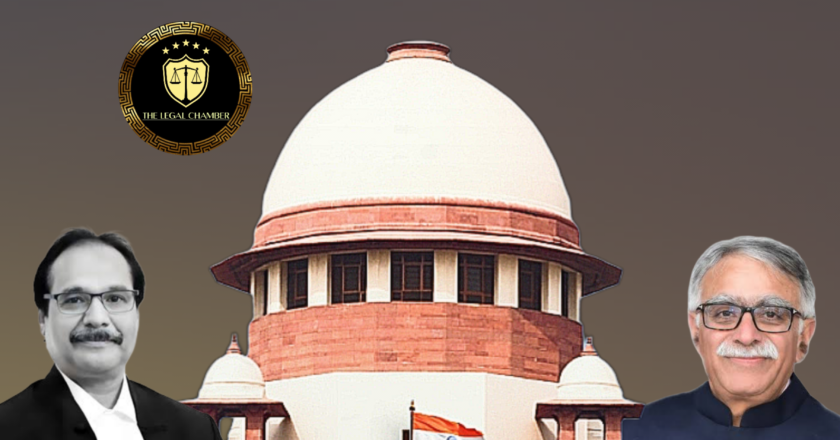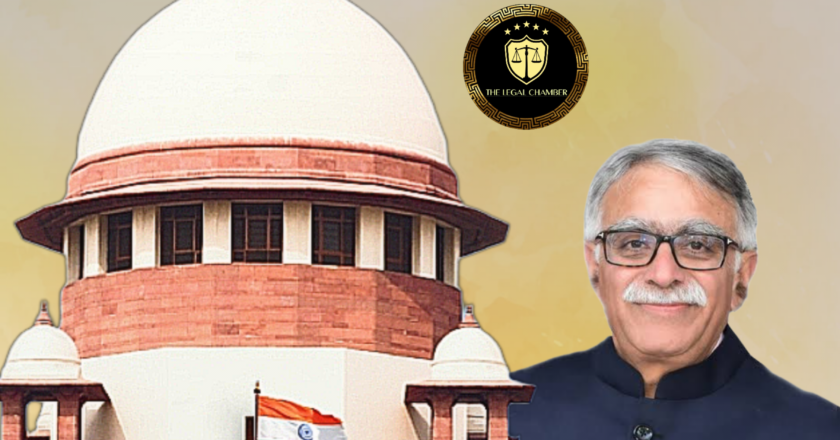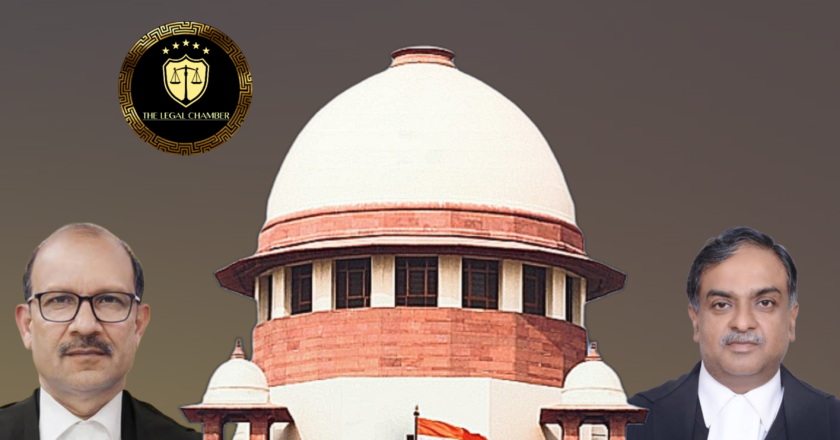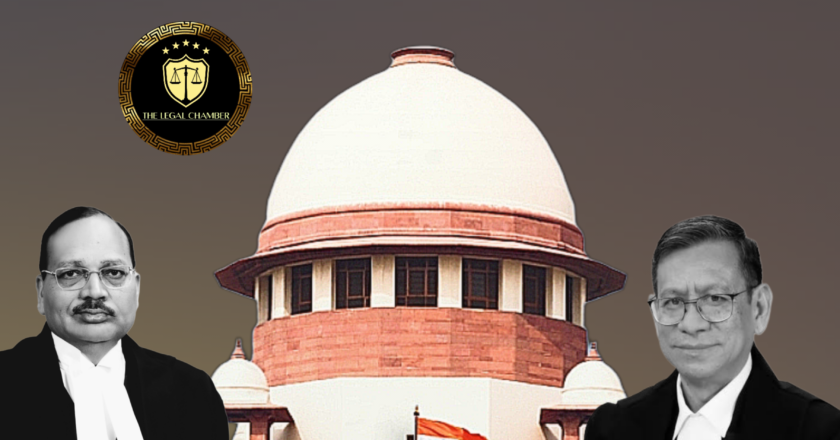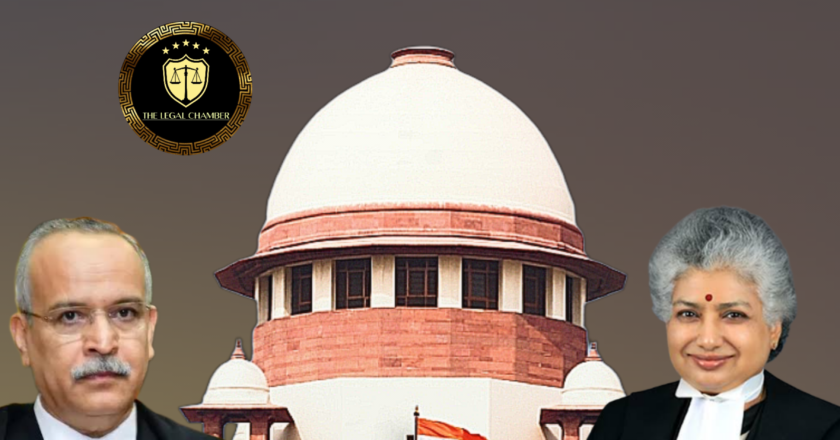Supreme Court :No Time Bar for Railways to Recover Penalty on Misdeclared Cargo Under Section 66 of Railways Act
The Supreme Court of India held that demand notices for misdeclaration of goods under Section 66 of the Railways Act, 1989, can be raised by railway authorities even after delivery of goods. The Court clarified that Section 66 does not specify a stage for imposing such charges , distinguishing it from Sections 73 and 78, which relate to punitive charges for overloading and require recovery before delivery. The Court also stated that the High Court's reliance on Jagjit Cotton Textile Mills v. Chief Commercial Superintendent N.R. was erroneous as that case pertained to overloading and Section 54, not misdeclaration under Section 66.
Facts Of The Case:
The case involves appeals filed by the Union of India against M/s Kamakhya Transport Pvt. Ltd. and others, stemming from a judgment ...
